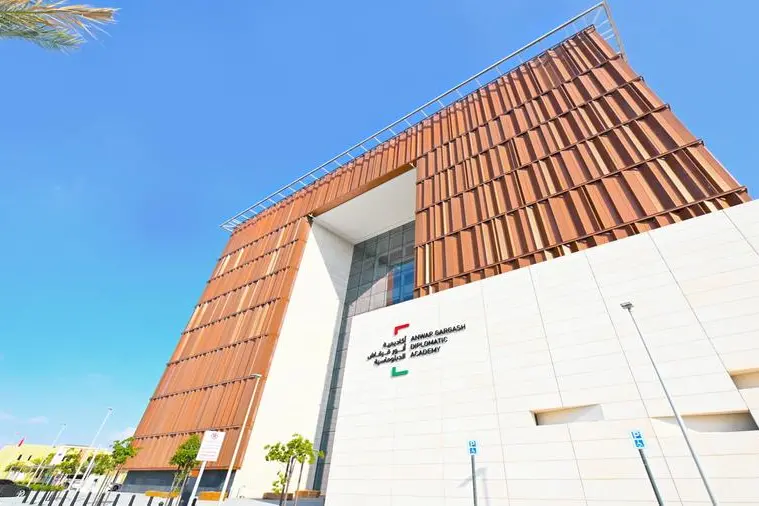Ms ‘Kemi Ogunsanya, with the Elections and Conflict Management Programme at ACCORD, attended the Electoral Code of Conduct and Peace Pledge signing Ceremony of Municipal Electoral Officers (MEOs) and political parties contesting the Local Government Elections in the Province of KwaZulu-Natal.
The ceremony was hosted by the Provincial Independent Electoral Commission (IEC) in Durban, 20 January 2006.
About 500 dignitaries attended the event, 19 political parties will be contesting the elections and all participated in the Peace Pledge ceremony. The Provincial Electoral Officer (PEO) detailed that there are 7,890 electoral candidates out of which 110 are Independent candidates. Political Parties have ensured a minimum of 30% representation of women in their party lists to contest the elections.
For the purposes of the local elections scheduled for 1 March 2006, the IEC has constituted 4,064 voting stations within 10 district councils, 4 municipalities and 789 wards. The IEC will train 2000 staff a day for 20 days prior to the election; hence a total of 40,000 electoral officials will be trained in preparation for the local elections.
South Africa Local Government Electoral System
The electoral process for local government elections in South Africa is a combination of proportional representation (PR) party list electoral system and simple majority constituency based electoral system. In a PR party list system, political parties present a list of candidates that will be contesting the elections representing their political parties, thus the electorate vote for political parties directly. The list system affords a higher representation of women in local democracy. This year the political parties have ensured a minimum of 30% representation of women in their party lists. However, the bone of contention with this electoral process is that elected candidates owe allegiance to the party and not to the electorate, and this has led to a number of demonstrations in many constituencies and apathy by the electorate, questioning the mandate of their councillors and their inaction during the non-election period.
In contrast to the constituency based electoral model, individual candidates contest the elections and are directly voted for by the electorate. There has been an increase in independent candidates in this local election due to internal factions amongst political parties. A higher expectation is demanded of independent candidates to deliver on their promises to the governed or else they would not be re-elected in the next elections. Although this electoral process owes allegiance to the electorate, it limits the participation of women. Also in counting of votes a simple majority is required, which is open for discrepancies especially if electoral officials are unable to understand how the electoral system works. To avoid contentious legal battles the PR list system is preferred.
Importantly, if the PR system is to prove authentic in meeting the needs of the governed, then the response of President Mbeki should be taken seriously, when he expressed the need for an increased monitoring of councillors by political parties in their various wards/municipalities to ensure the manifestoes are adhered to. Meaningfully, opposition parties to the ANC are determined to make a difference in this local government election.






